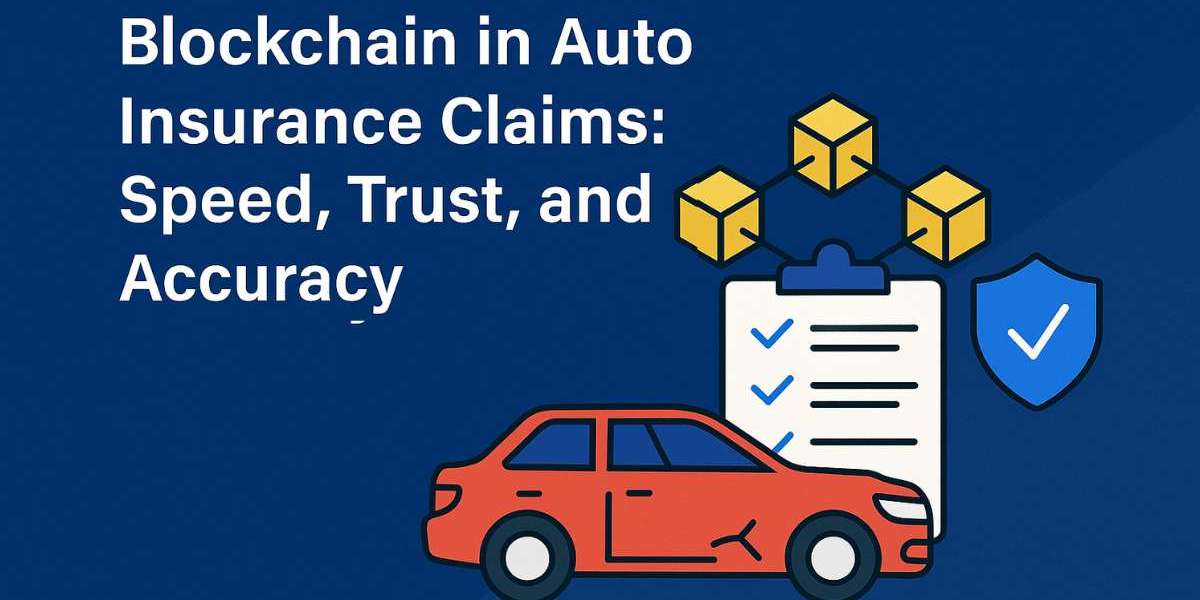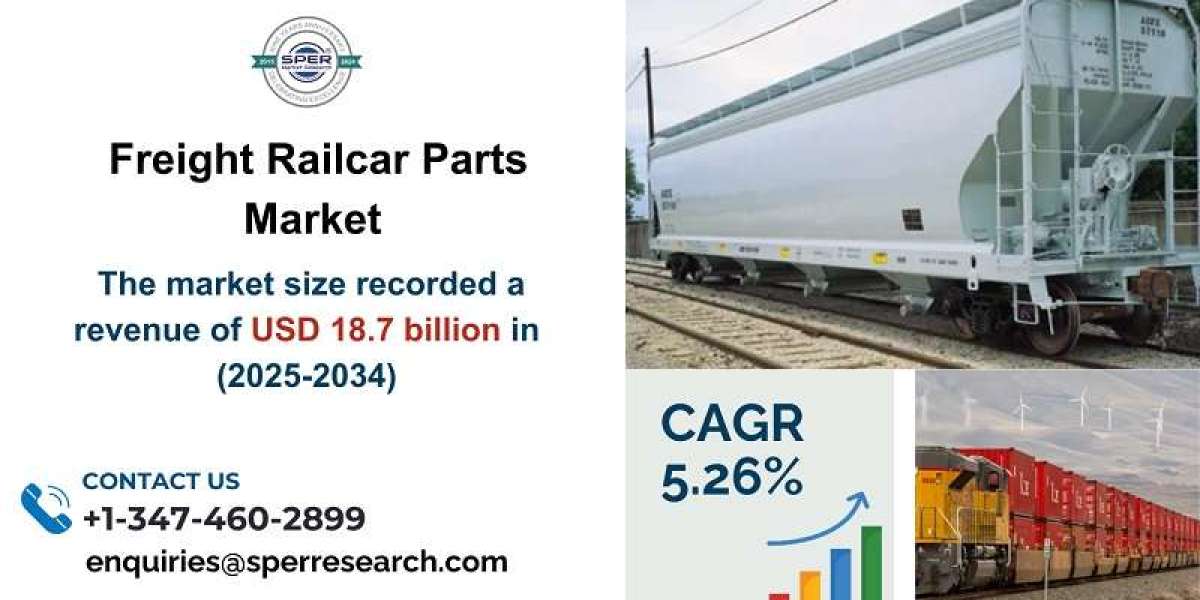Filing an auto insurance claim is often frustrating. Many people face delays, unclear processes, and disputes over compensation. You might submit all the documents, only to wait days or weeks for a response. Then comes the back-and-forth with adjusters and insurers. The entire system can feel slow, uncertain, and overly complicated.
That’s where blockchain technology is starting to make a difference. It offers ways to process claims faster, make the system more transparent, and reduce the chances of fraud. In this blog, we’ll explore how blockchain is changing auto insurance for the better—and what that could mean for you.
What Is Blockchain And How Does It Apply To Insurance?
Blockchain is a type of digital ledger. It records data in blocks, and once data is added, it can't be changed. Each block links to the one before it, forming a chain. Because it's secure and uneditable, blockchain is useful for storing important records.
In the context of auto insurance, blockchain can be used to log accident reports, vehicle histories, repair records, and claim transactions. Once this data is entered into the system, everyone involved—insurers, car owners, mechanics—can see the same information. This transparency reduces confusion and helps avoid errors.
Faster Claims Through Automation
One of the biggest benefits of blockchain is faster processing. Normally, a claim goes through several hands: the policyholder, an insurance agent, a claims adjuster, sometimes even a third-party inspector. Each step can cause delays.
With blockchain, smart contracts come into play. These are self-executing agreements that carry out tasks automatically when certain conditions are met. For example, if a vehicle accident is verified by trusted data sources—like police reports or sensor data—a smart contract can instantly trigger a claim payout.
This cuts out the manual work and speeds up the process. Some insurers using blockchain have reported that claims which once took days can now be resolved in hours.
Improving Trust Between Drivers And Insurers
Insurance works best when there’s trust. But many people feel unsure about how decisions are made. Was the payout fair? Did the insurer get all the facts? Blockchain helps clear up those doubts.
Because blockchain records can’t be edited, every part of the claim is traceable. Drivers can see when information was added, who added it, and what decisions were made. This level of transparency helps people feel more confident in the process—especially in industries like Damaged Car collection Sydney, where clear documentation can help prevent disputes and ensure a smoother transaction.
It also keeps everyone accountable. If there's ever a dispute, both parties can review the same data. That can lead to faster resolutions and fewer arguments.
Reducing Fraud And Errors
Insurance fraud is a major issue. It drives up costs for everyone. False claims, duplicate claims, and exaggerated damages are some common problems. Blockchain can help reduce these risks.
By storing records in a secure, shared system, it's easier to spot patterns or inconsistencies. For example, if someone tries to claim a vehicle as totaled after it's already been repaired and resold, the blockchain record would show the vehicle's full history. That would raise a red flag.
According to the Insurance Information Institute, fraudulent claims account for about 10% of property and casualty insurance losses. Blockchain offers a way to cut those losses by making it harder to manipulate the system.
Data Accuracy And Real-Time Updates
Another issue with traditional claims is inconsistent information. A repair shop might report one thing, while the insurance adjuster says another. These mismatches can delay the process.
Blockchain allows all parties to update the same record in real time. Once new information is added—like an estimate from a mechanic or images of damage—it’s immediately visible to everyone involved. That helps avoid misunderstandings and speeds up decision-making.
It also supports better data accuracy. Because blockchain keeps a timestamp of every update, you know exactly when and where each piece of information came from. That makes the entire process more reliable, which is especially important for services like car buyer Sydney, where accurate records can impact pricing, ownership verification, and the speed of transactions.
Real-World Examples And Use Cases
Several companies are already experimenting with blockchain in auto insurance. For instance:
- Lemonade uses AI and blockchain to process small claims in minutes. Some of their payouts are almost instant.
- Allianz has trialed blockchain for international motor insurance claims, cutting paperwork and speeding up resolution times.
- B3i (Blockchain Insurance Industry Initiative) is a global collaboration of insurance companies working to standardize blockchain use in the industry.
These real-world applications show that blockchain isn’t just a future concept. It’s already making a difference in how insurance companies handle claims.
Challenges And Limitations
While blockchain offers many benefits, it’s not perfect. There are still challenges to work through.
First, not all insurance companies use the same systems. Integrating blockchain across different platforms takes time and cooperation. Then there’s the question of data privacy. Even though blockchain is secure, it’s important to ensure that personal information is protected.
Also, blockchain systems require digital literacy. Customers and staff need to understand how the technology works. That might take training and education.
Despite these issues, the benefits are strong enough that many companies are pushing forward. As the technology matures, these challenges are expected to shrink.
Also visit: https://www.cashforcarssydney.com.au/
What It Means For Drivers And Car Owners
For everyday drivers, blockchain could mean faster payouts, fewer headaches, and more confidence in the insurance system. If you’ve ever had to chase down an adjuster or explain the same details to multiple people, blockchain could simplify that.
It’s also good news for used car buyers. With blockchain-based vehicle histories, you can know exactly what a car has been through. That reduces the risk of buying a car with hidden damage or a suspicious past.
As more insurers adopt the technology, drivers can expect a smoother, more reliable experience overall.
Final Thoughts
Blockchain is changing how auto insurance claims are handled. By making the process faster, clearer, and more secure, it helps both insurers and drivers. While the technology is still developing, its benefits are already being seen in the real world.
If you're curious about whether your insurer uses blockchain or how it might affect your future claims, it’s worth asking. Staying informed can help you make better decisions and feel more in control when the unexpected happens.
Find more insightful blogs here.



